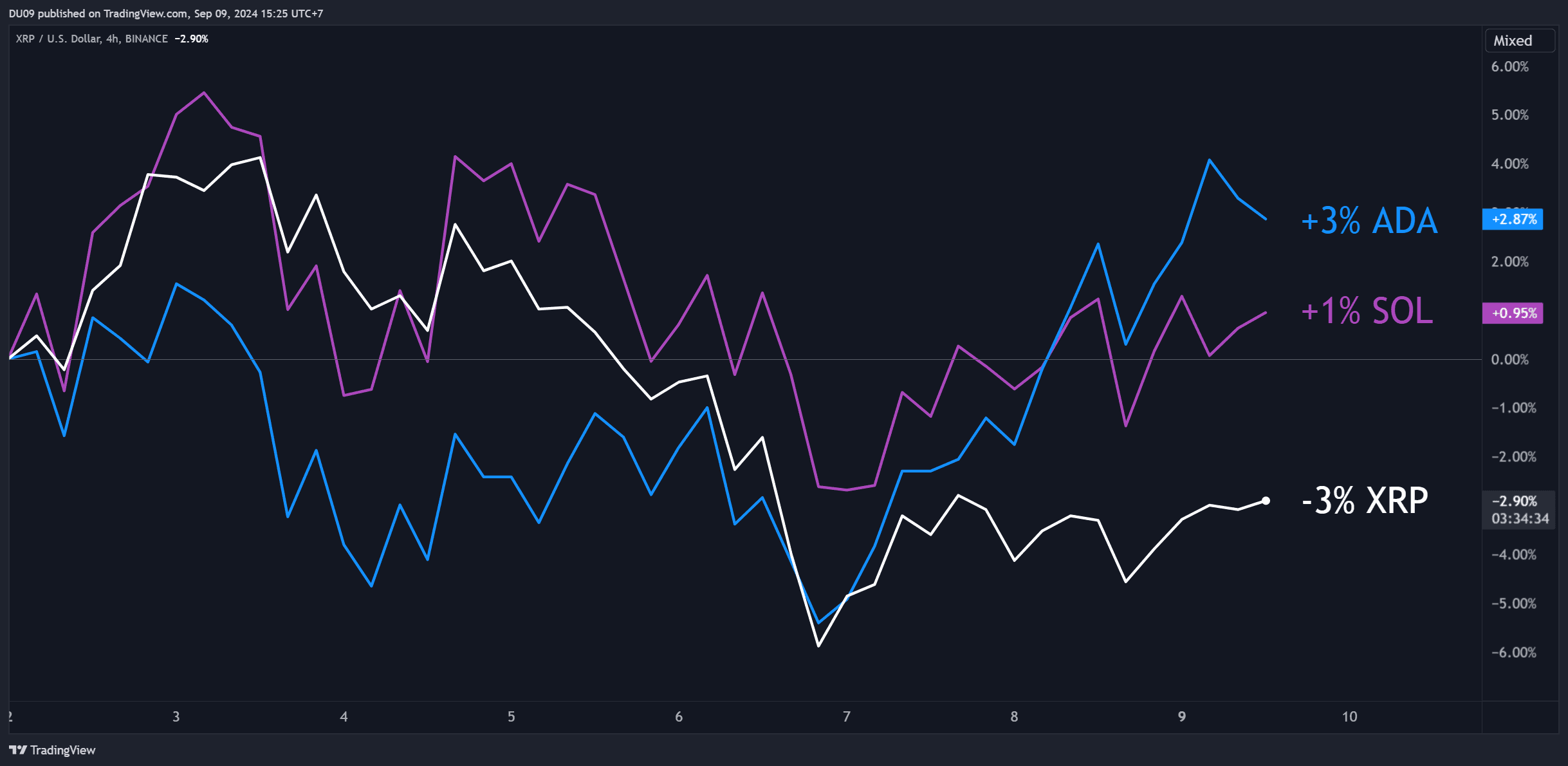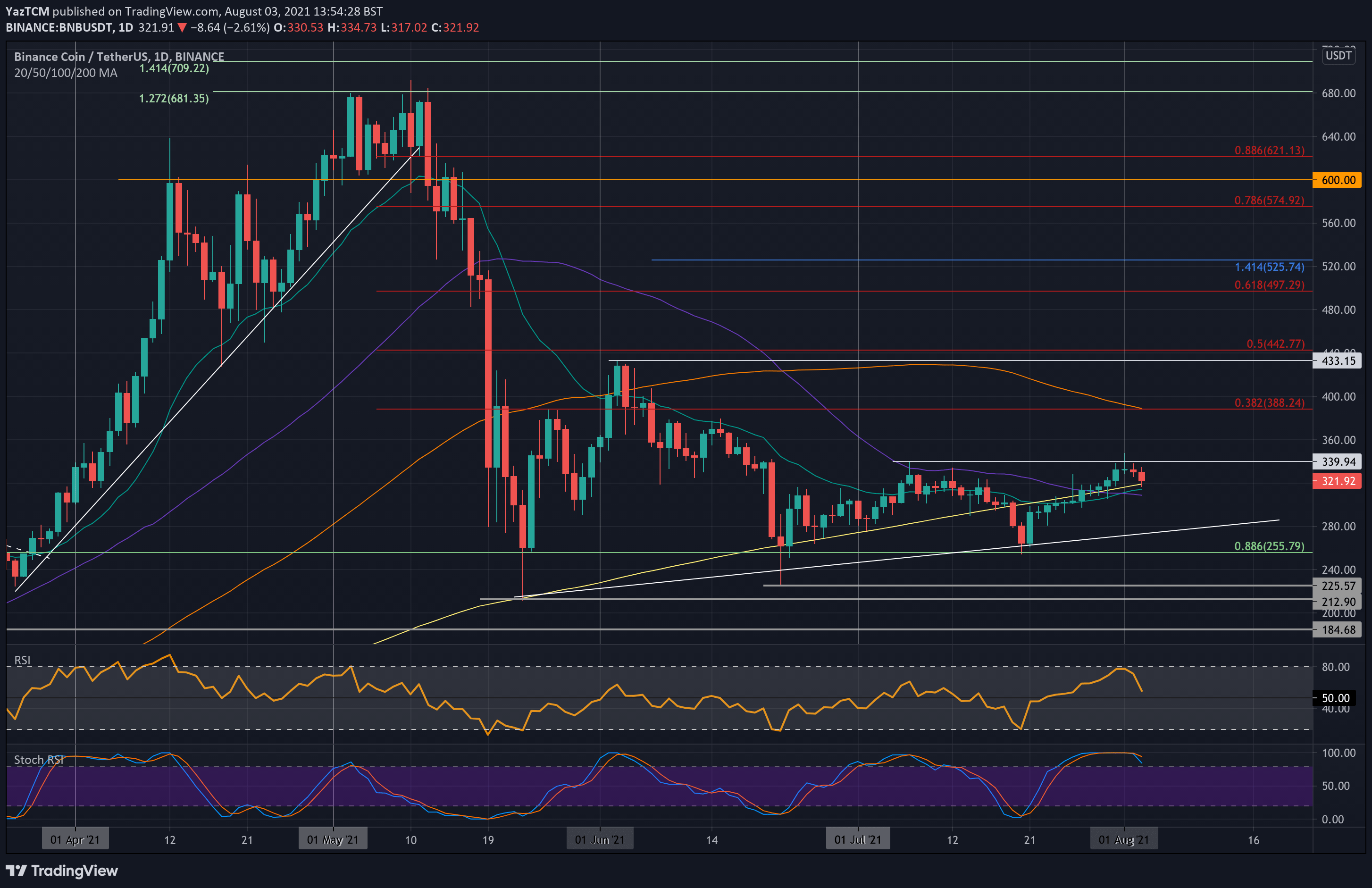Indonesia’s Central Bank Bans the Use of Cryptocurrencies for Payments
Despite the massive adoption waves surrounding cryptocurrencies in recent months, the Indonesian authorities have decided they want nothing to do with this emerging asset class.
According to a recent report, the governor of Indonesia’s central bank, Perry Warjiyo, asserted that the use of cryptocurrencies as a payment method in the country would no longer be condoned.
Warjiyo made his statement in a virtual seminar held on Tuesday, warning all financial services providers to stop accepting cryptocurrencies as a means of payment from their clients.
He noted that the restriction placed on using virtual currencies to make payments is not an entirely new concept, as it is based on already existing laws.
He said, “[Cryptocurrency] is not legitimate payment instruments under the Constitution, Bank Indonesia Law, and Currency Law.”
To ensure that Indonesian financial services providers and payment processors adhere to the new policy, Warjiyo added that Bank Indonesia would assign field supervisors to check on the activities of these institutions.
Possible CBDC Project
While Bank Indonesia is not comfortable with allowing the use of cryptocurrencies in the country because of their extreme volatility rates and very little regulation, it is interested in creating its Central Bank Digital Currency (CBDC).
The bank reportedly suggested that it will be issuing its digital rupiah to help “observe the economic condition and digitization context that is pushed by Bank Indonesia.”
Creating its digital currency will enable the central bank to have total control over its performance and create clear regulations for it.
Massive Crackdown on Crypto
Apart from this new development from Indonesia, the entire cryptocurrency industry is facing a lot of regulatory scrutiny from financial regulators worldwide.
Cryptocurrency trading has been banned in several countries like Nigeria, with the latest regulatory heat coming from China.
In May, the giant Asian country reiterated that it still prohibits financial services providers from processing crypto-related transactions. The country recently intensified its hostile attacks on crypto by blocking the social media accounts of many cryptocurrency influencers.









